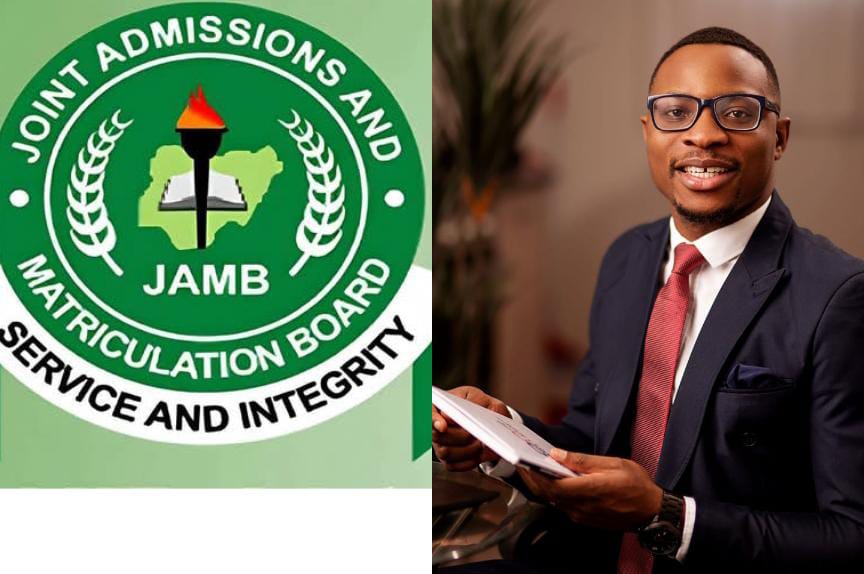
THE 2025 UTME MASS FAILURE CRISIS: INVESTIGATING THE DRIVERS OF EDUCATIONAL DECLINE IN SELECTED SECONDARY SCHOOLS IN ONDO WEST AND ONDO EAST
The aim of this study was to identify the possible factors responsible for the recent incidence of mass failure in the 2025 UTME from the views of the students and teachers in both public and private secondary schools in the Ondo West and Ondo East Local Government Areas.
Data were collected from 20 teachers (15 public, 5 private) and 100 students (75 public, 25 private) using structured questionnaires. The result depicts that, among the teachers, the male teachers (65.0%) are more than the female teachers (35.0%). However, among the students, the male (48.0%) are a bit less than the female (52.0%).
The analysis further shows that, majority (98.0%) of these students are in their final secondary school year, while only 2.0% are still in their Senior Secondary School 2, although all these students sat for the just-concluded Unified Tertiary Matriculation Examination (U.T.M.E.). The research identified that both students and teachers listed several major causes of poor performance in academics.
Those that ranked highly were lack of qualified instructors, class size, lack of support from parents, inadequate instructional materials, and lack of motivation on the students’ part. These had high mean values (X ̅= 4.5 and 4.3 respectively) from both groups of respondents, which indicated high consensus on their effect.
A comparison between teachers’ and students’ perceptions of causes of poor academic performance had some differences. Teachers emphasized distractions from social media and poor study habits as major contributors to failure, while students highlighted the poor learning environment (the class size) more strongly (X ̅= 4.2 and 3.9 respectively). This indicates a partial alignment in viewpoints, with each group providing unique insights into the causes of educational decline.
Furthermore, differences between public and private schools were clearly evident. Teachers and students from private schools reported higher scores (X ̅ = 4.6 and 4.4 respectively) than those in the public schools (X ̅ = 3.8 and 3.0 respectively) in terms of teacher regularity, access to learning resources like libraries and laboratories, and availability of regular practice assessments.
These variations indicate that private schools can be better equipped and more systematic in their efforts to prepare students for the national exams. Finally, with respect to the stated objectives, the study explored pragmatic interventions to address the challenges uncovered.
Students and teachers strongly agreed that there ought to be regular monitoring of teaching staff, free tutorial schemes, enhanced school–parent collaboration, and the use of technology in the teaching- learning process (X ̅ = 4.8 and 4.5 respectively). These interventions, if implemented, would go a long way in enhancing the quality of education and reducing future failure rates.
Conclusively, the results highlight the urgent need for general reforms and the joint action of various stakeholders to tackle the learning deterioration experienced by the widespread failure recorded in the 2025 UTME.
Priority should be given to enhancing public education institutions, disseminating successful pedagogical methods, and fostering an appropriate environment conducive to learning.
Written by: Barr Adesuyi Daramola
Founder, Daramola Adesuyi Foundation.
Adesuyi Daramola is a legal practitioner with a deep commitment to social impact and community development. As the founder of the Daramola Adesuyi Foundation (DAF), he has led numerous educational interventions, demonstrating his dedication to impactful initiatives that support pupils and students in rural communities in Ondo State, Nigeria.
Under his leadership, DAF has received multiple awards in recognition of its outstanding contributions to education, health, and welfare.

